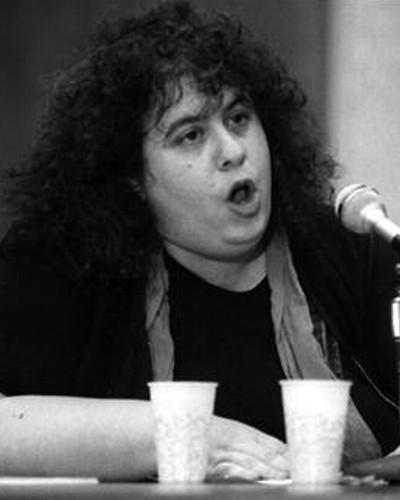
It also includes “Goodbye to All This” (1983), a scathing chapter from an unpublished manuscript that calls out her feminist adversaries, and “My Suicide” (1999), a despairing long-form essay found on her hard drive after her death in 2005. The collection charts her path from the militant primer Woman Hating (1974), to the formally complex polemics of Pornography (1979) and Intercourse (1987) and the raw experimentalism of her final novel Mercy (1990).

She attacks the standards of beauty, set for women and opposes the tolerance of pain. An edition of Woman Hating (1974) Woman Hating 1st ed. Her books are full of such declarations as, 'Under patriarchy, every woman's son is her potential betrayer and also. Among the very first writers to use her own experiences of rape and battery in a revolutionary analysis of male supremacy, Dworkin was a philosopher outside and against the academy who wrote with a singular, apocalyptic urgency. Andrea Dworkins Woman Hating is powerful, point-black and direct. The misdirected passion of Andrea Dworkin. She still looms large in feminist demands for sexual freedom, evoked as a censorial demagogue, more than a decade after her death. Apologies to Andrea Dworkin, who did not like book critics and who, fourteen years after her death, from myocarditis, at fifty-eight, is being subjected to a round of us again.

This collection brings together selections from Andrea Dworkin’s work, both fiction and nonfiction, with the aim of putting the contentious positions she’s best known for in dialogue with her literary oeuvre: a radical feminist, Dworkin was a polarizing figure within the women’s movement, a caricature of misandrist extremism in the popular imagination, infamous for her antipornography stance and her role in the feminist sex wars of the 1980s.


 0 kommentar(er)
0 kommentar(er)
